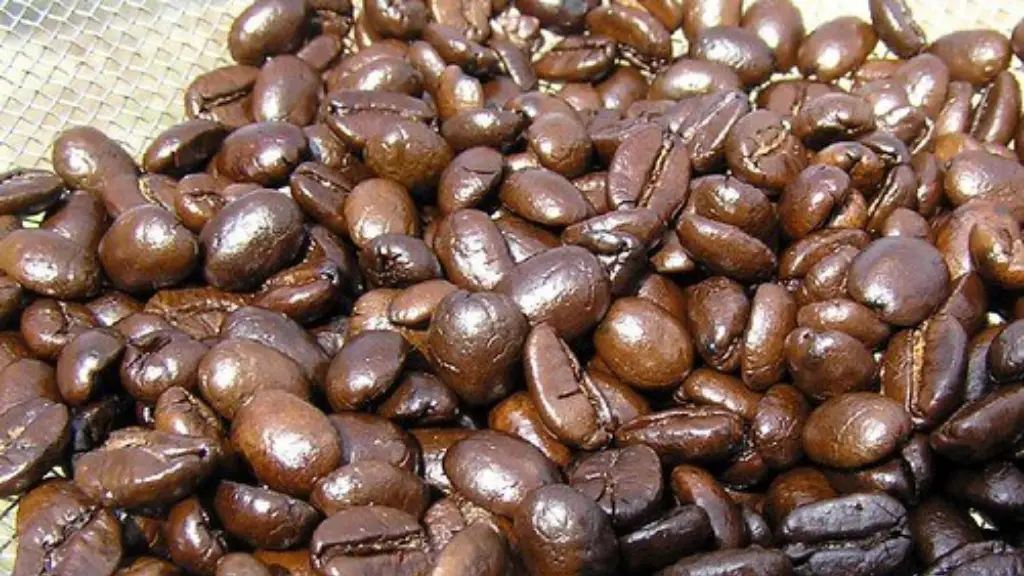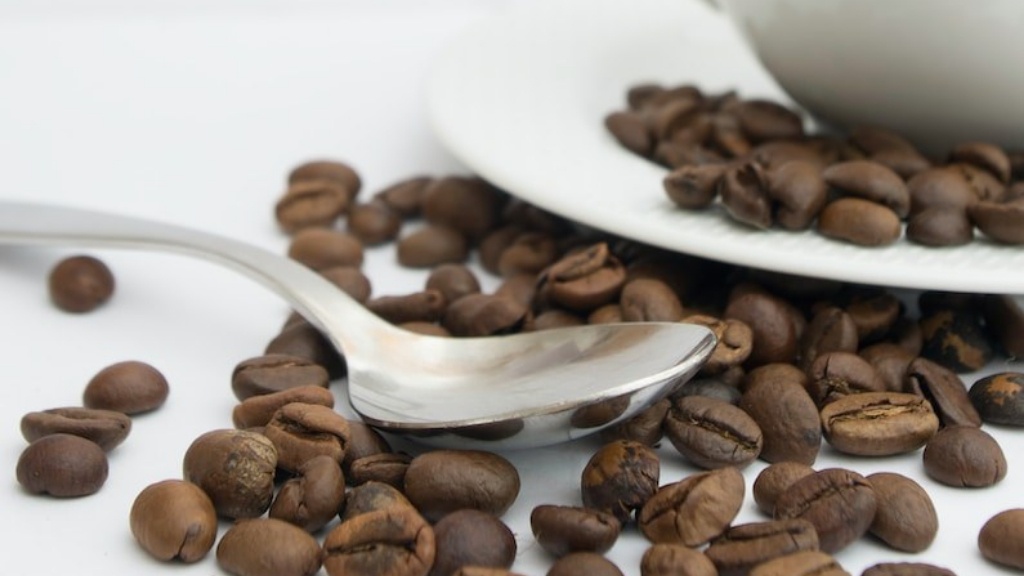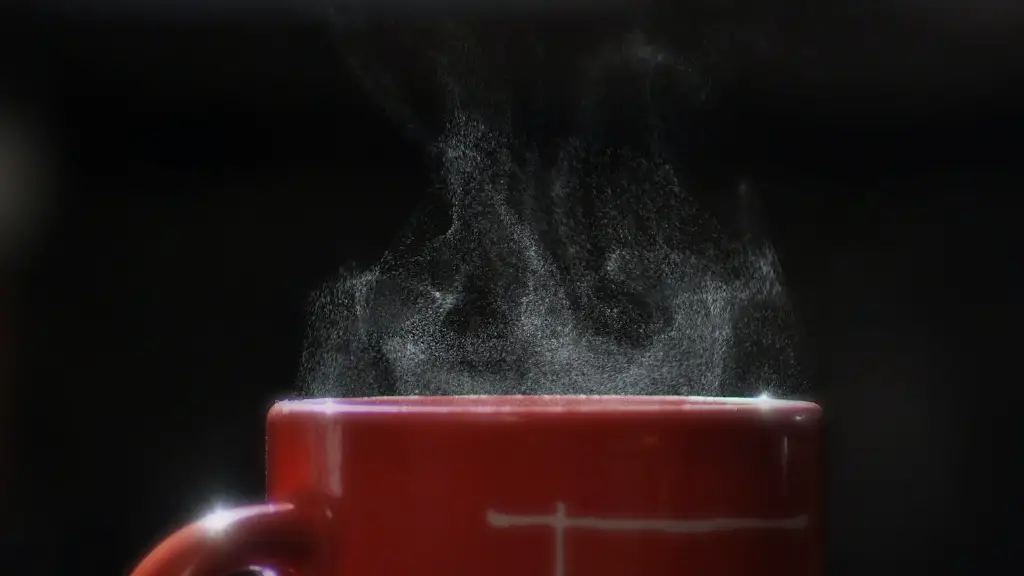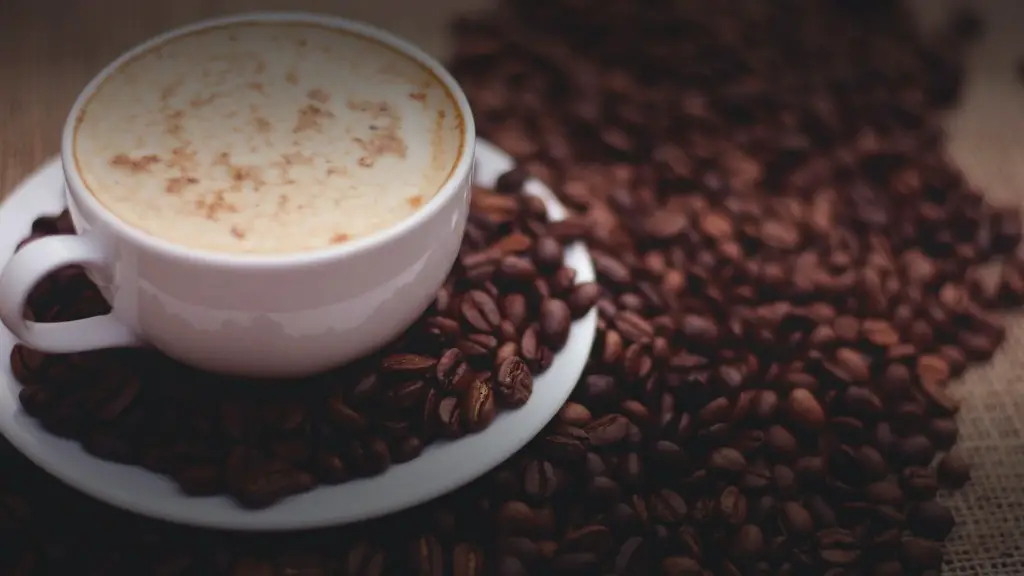When a cup of coffee has been caffeine-fortified we can expect to be energized, even momentarily. It’s not uncommon for people to be afflicted with a curious symptom post-coffee: feeling absolutely no change in energy level, or, even feeling more fatigued afterwards than they did before they consumed their cup of Joe. Have you ever experienced this before? It can be incredibly frustrating, so why do we experience this post-coffee?
Science says that the amount of caffeine in the blood peaks about 30 minutes to an hour after drinking a cup of coffee. This is why many people recommend waiting for 30 minutes before having a second cup.
Caffeine affects different people differently. People with little to no tolerance for caffeine may exhibit more acute side effects from drinking coffee. This is especially true for those with anxiety disorders, who report higher levels of jitters and fatigue after drinking coffee. It’s because their body isn’t used to regulating caffeine well, so drinking it can lead to exhaustion, not energy.
However, other people react inversely to having too much caffeine. The over-caffeinated will drink more and more cups of coffee in an attempt to keep themselves awake and energised, but this ultimately leads to a ‘crash’, or feeling more tired than they did before. Too much caffeine can leave people feeling jittery, irritable and unable to focus, even if the amount of coffee they’ve drunk should normally energize them. This is because by drinking it all at once, they’ve overloaded their body with caffeine and it’s not able to process it.
Also, the more tolerant an individual is to caffeine, the faster their body is able to metabolize it. This means that after drinking a cup of coffee, it may take a shorter amount of time for them to feel fully energized, but this effect may not last for as long. The energising qualities of coffee vary from person to person, but it’s always important to drink coffee in moderation.
As an expert in caffeine research, Dr. Aaron Brastad-Guilford explains it this way: “When it comes to caffeine consumption, understanding how your body metabolizes caffeine is key. Some people may need to experiment with different types of coffee or amounts of coffee to find the right balance for their body.” Knowing oneself is vital to when it comes to energy.
Food Consumption
There can be many factors that affect why coffee, the miraculous drink with such energising properties, leaves one feeling unmotivated and fatigued, but nutrition can often be a huge factor in the equation. Eating food with one’s coffee, or even having an empty stomach while drinking coffee can often lead to an unexpected post-coffee-ņap. The reason behind this is that food slows down the absorption of caffeine, which levels out your energy.
All caffeine is not created equal. If one’s coffee is loaded with sugar and cream, if it’s a form of espresso, if it has been mixed with unhealthy ingredients, that can also affect how the body metabolises it and one’s alertness afterwards. This is why sometimes coffee can lead to a ‘sugar crash’, and a jolt of tiredness.
It’s also important to consider that coffee can be very acidic, which can lead to heartburn and an upset stomach, both of which can cause fatigue. Those who suffer from acid reflux and/or digestion problems should take extra care when it comes to coffee consumption.
Coffee Quality
The worst coffee to consume is low-quality, black market coffee. Most of these coffees are made with no regard to where they come from or how they’re roasted. This means the caffeine content can be all over the place, leading to energy crashes or unwanted side effects such as headaches.
On the flip side, there’s specialty-grade coffee which is sourced from the best farmers, processed with great care, and roasted for optimal extraction. This type of coffee helps to ensure that the caffeine concentration has a more predictable effect on the body. When drinking this kind of coffee, the effects are usually more consistent and predictable, so one is less likely to experience a crash.
In some areas of the world, people add spices to their coffee to increase its energising effects. Ginger, cumin, and cardamom are popular additions, although the caffeine content of these spices differs depending on how fresh they are, and how they’re prepared. These spices could potentially help boost one’s energy post-coffee, but it’s always best to start with quality specialty coffee before adding spices.
Caffeine Intake
Knowing one’s caffeine tolerance is key to having a more consistent energy level throughout the day. Caffeine has been shown to improve alertness and performance, but this effect can be diminished when too much is consumed. According to the guidelines from the American Coffee Association, the average person should not consume more than two hundred milligrams of caffeine per day, which is equivalent to two double espresso shots.
Also, the time at which one consumes caffeine can quite often affect their energy levels afterwards. At night, caffeine can affect the quality and quantity of sleep, which leads to feeling extra sleepy the day after. Also, being aware of one’s individual sensitivities to caffeine can be extremely helpful in eliminating any unexpected surprises when it comes to energy.
Other Factors
Other factors such as lifestyle, stress, hormones and genetics can play roles in one’s level of fatigue post-coffee. If a person is sleep deprived, their body may react differently to caffeine than if they were well-rested. It may take longer for them to feel energized, or the effects may not last as long.
Also, hormones, such as estrogen and progesterone, can affect how quickly the body absorbs caffeine and how long it stays in the body. Studies have found that women with higher levels of estrogen tend to feel the effects of caffeine for longer than those with lower levels. People with lower sex hormone levels may find that the energising effects of coffee are short-lived.
Additionally, genetics can also play a role in the body’s reaction to caffeine. Variations in genes such as cytochrome P450 1A2- and CYP2E1 can affect how quickly coffee is absorbed and processed in the body. Those who have gene variants that make caffeine processing slow can sometimes have strong reactions, such as fatigue, after drinking coffee.
Recommended Action
If you’re feeling like coffee’s not doing the trick and actually causing you to feel more tired, there are a few steps you can take. First and foremost, get plenty of rest. Proper sleep improves alertness and helps the body to process caffeine more efficiently. It’s also important to eat regularly throughout the day and consume healthy, balanced meals and snacks. Avoiding processed foods, sugar and artificial sweeteners can help to keep one in top condition.
It’s also a good idea to measure caffeine intake and keep it within recommended doses. Avoid overdoing it: switch to decaf every once in a while if necessary. Drink high-quality, single-origin coffees, preferably those with a high caffeine content to get the best energising effect. Finally, be mindful of lifestyle habits that could be affecting energy levels, such as smoking, too much alcohol or not exercising.




